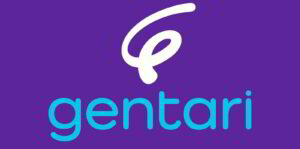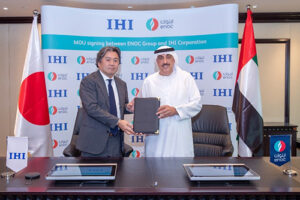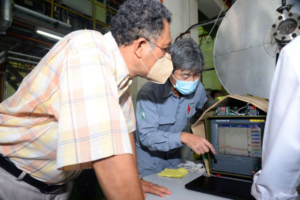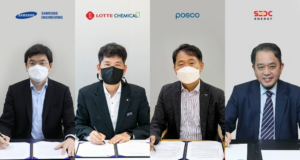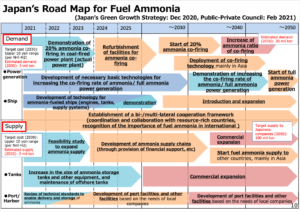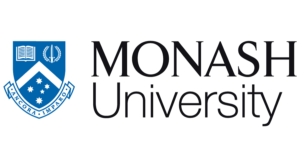Malaysia
IHI: ammonia in the UAE & Malaysia, supporting start-ups
IHI Corporation has announced three new ammonia partnerships this month. In the UAE, it will embark on Dubai’s first “green” ammonia feasibility study with the Emirates National Oil Company Group, with a solar-powered pilot plant to be built. In Malaysia, IHI and Petronas subsidiary Gentari Hydrogen will explore ammonia production from solar power in Johor, Malaysia. And following its investment in US-based Starfire Energy in November, IHI and Japan-based Angel Navi will identify more decarbonisation venture opportunities in Japan and around the world.
Ammonia combustion for power generation: updates from Korea, Malaysia and Singapore
Joint venture SK Plug Hyverse has agreed to deploy its Korean-manufactured PEM electrolysers overseas, and then supply Korea South-East Power (KOEN) with renewable hydrogen & ammonia imports for co-firing at natural gas and coal power plants. In Malaysia, power utility Tenaga Nasional Bhd, IHI Power Systems and Petronas announced they have successfully conducted 60% ammonia co-combustion trials. And in Singapore, Jurong Port, Mitsubishi Heavy Industries and JERA will conduct a joint study on Jurong Island, where a 60MW, combined-cycle gas turbine will be fueled by 100% ammonia to produce zero-carbon electricity.
H2biscus: green ammonia in Malaysia
A trio of South Korean organisations - Samsung Engineering, POSCO and Lotte Chemical - will partner with the Sarawak Economic Development Corporation (SEDC) to develop a new green hydrogen & ammonia project in Bintulu, eastern Malaysia. The combination of plentiful hydropower, existing gas infrastructure and existing petrochemical production facilities in Bintulu means the H2biscus partners are focusing on a suite of export products - hydrogen, ammonia & methanol - with both green and blue characteristics.
Japan's Road Map for Fuel Ammonia
This month, the Japanese Ministry for Economy, Trade, and Industry (METI) began promoting an updated Road Map for Fuel Ammonia, focused on the use of ammonia in thermal power plants and as a shipping fuel. By 2030, Japan expects to import 3 million tons of clean ammonia, with demand rising to 30 million tons by 2050. To secure these volumes, Japanese companies are now making investments up and down the supply chain. These are ambitious numbers, matching Japan’s recent commitment to reach net-zero emissions, but still they miss the big picture. The broader economic opportunity arrives when Japanese companies export their fuel ammonia technologies, decarbonizing coal-fired power plants across Asia, and then supply the fuel to these newly sustainable shipping and electricity sectors. By 2050, the METI Road Map expects Japanese trading companies to supply the wider region with 100 million tons per year of clean ammonia.
